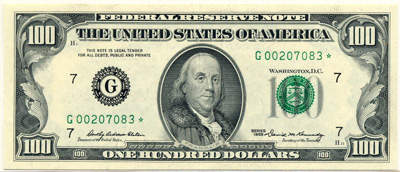| School | Troops | Resources |
The Monetarists

"Monetarism" refers to the school of macroeconomic thought spearheaded by Milton Friedman at Chicago in the 1960s and 1970s. It was frequently associated, or claimed to be resurrecting, the older Neoclassical Quantity Theory of Money to challenge the Neo-Keynesian synthesis. Its principal thrust was the insistence that changes in the money supply, rather than changes effective demand, were the primary determinants of fluctuations in economic activity. Its position evolved to articulate the "natural rate of unemployment" hypothesis, the idea that government macroeconomic policy, in the long run, is ineffective in altering the level of output or employment. Monetarists advocated the use of rules, rather than discretion, in the conduct of macroeconomic policy, and in particular that the government should not try to conduct counter-cyclical policy, but just let the business cycle run its natural course. During its heyday, the term "Chicago School" and "Monetarism" were virtually synonymous.
The Monetarists were instrumental in breaking the post-war dominance of Keynesian macroeconomics, and setting the stage for emergence of the New Classical school in the 1980s.
See our Survey of Monetarism
for more details on this school of thought.
|
Early Quantity Theorists
The Classical Quantity Theorists
The "American" Quantity Theorists
The Cambridge Cash-Balance Approach
|
HET
|
|
Resources on Monetarism
|
All rights reserved, Gonšalo L. Fonseca
